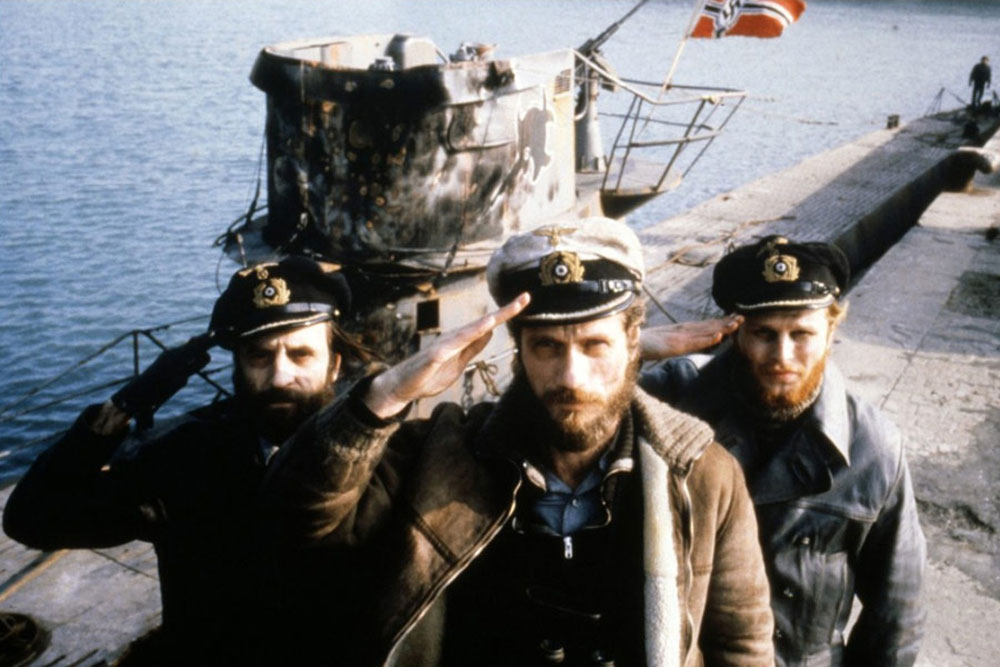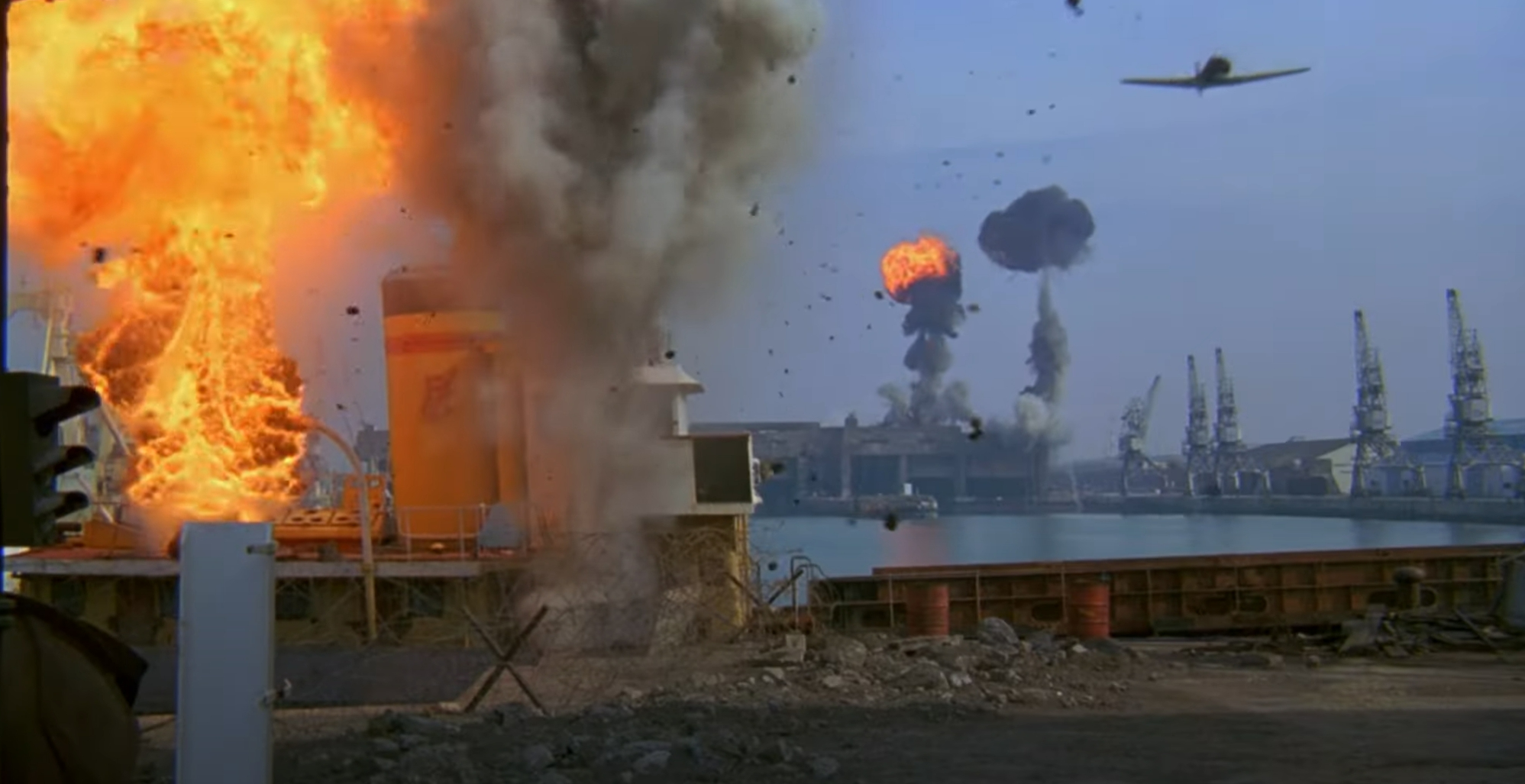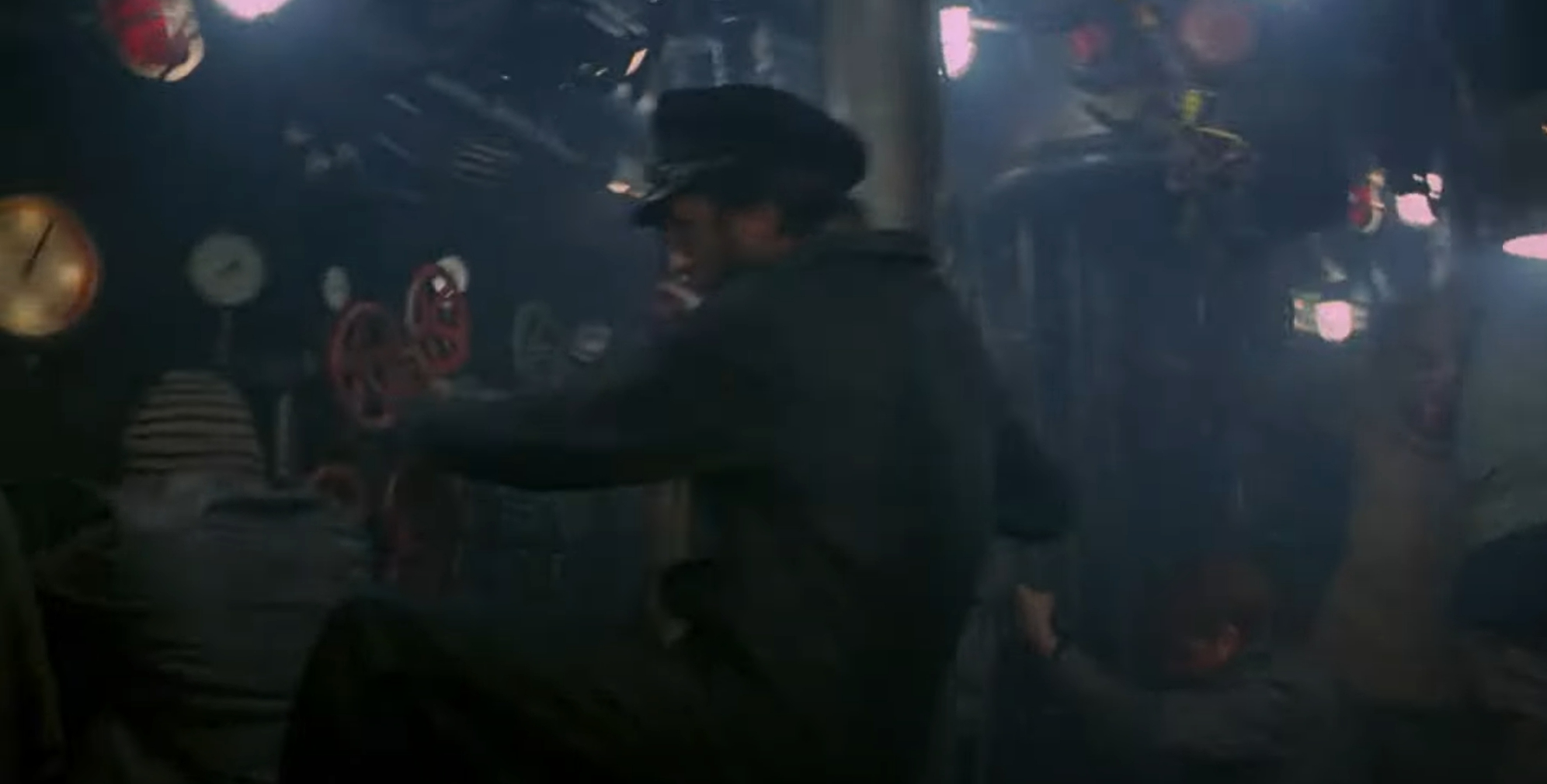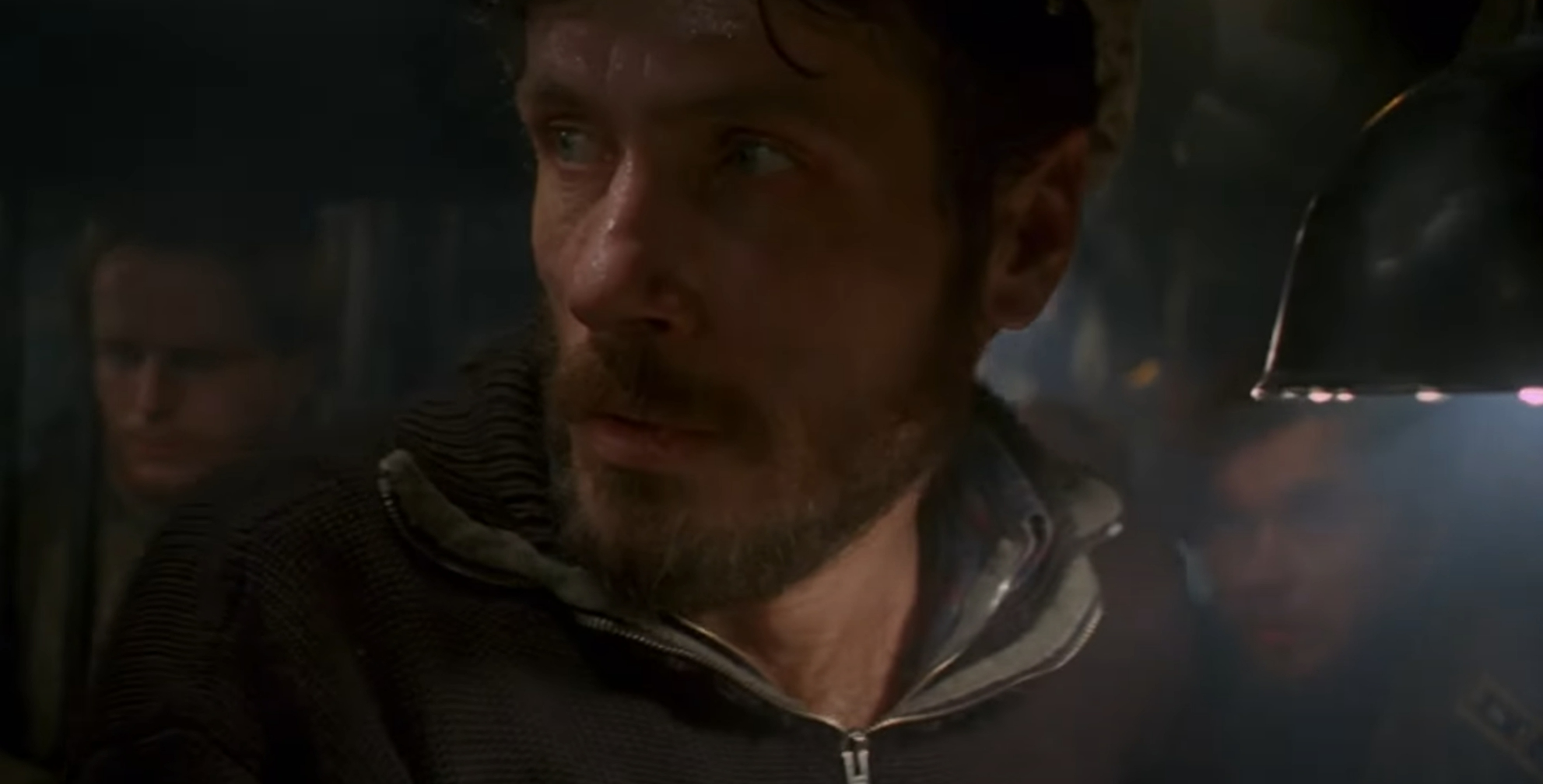Das Boot (1981)

Das Boot (German pronunciation: [das ˈboːt], The Boat) is a 1981 West German war film written and directed by Wolfgang Petersen, produced by Günter Rohrbach, and starring Jürgen Prochnow, Herbert Grönemeyer and Klaus Wennemann. It has been exhibited both as a theatrical release (1981) and a TV miniseries (1985). Also, several different home video versions, as well as a director’s cut (1997) supervised by Petersen, have been released.
An adaptation of Lothar-Günther Buchheim’s 1973 German novel based on his experiences aboard German submarine U-96, the film is set during World War II and follows U-96 and her crew, as they set out on a hazardous patrol in the Battle of the Atlantic. It depicts both the excitement of battle and the tedium of the fruitless hunt, and shows the men serving aboard U-boats as ordinary individuals with a desire to do their best for their comrades and their country.

Lieutenant Werner is a war correspondent on the German submarine U-96 in October 1941. He is driven by her captain and chief engineer to a raucous French bordello, where he meets some of the crew. Thomsen, another captain, gives a crude drunken speech to celebrate his Ritterkreuz award, in which he mocks Adolf Hitler. 
The next morning, U-96 sails out of the harbour of La Rochelle, and Werner is given a tour of the boat. As time passes, he observes ideological differences between the new crew members and the hardened veterans, particularly the captain, who is embittered and cynical about the war. The new men, including Werner, are mocked by the rest of the crew, who share a tight bond. One Nazi officer, 1-WO (the first [watch] officer), is disliked by the others due to his pro-Nazi beliefs and meticulous grooming habits that hogs up the one bathroom that the entire crew has to share. After days of boredom, the crew is excited by another U-boat’s spotting of an enemy convoy, but they are soon spotted by a British destroyer and bombarded with depth charges. They escape with only light damage. 
The next three weeks are spent enduring a relentless North Atlantic gale. Morale drops after a series of misfortunes, but the crew is cheered temporarily by a chance encounter with Thomsen’s boat. Shortly after the storm ends, the boat encounters a British convoy and quickly launches three torpedoes, sinking two ships. They are spotted by a destroyer and have to dive below test depth, the submarine’s rated limit. During the ensuing depth-charge attack, the chief machinist, Johann, panics and has to be restrained. The boat sustains heavy damage but is eventually able to safely surface when night falls. A British tanker they torpedoed is still afloat and on fire, so they torpedo it again, only to learn sailors are still aboard. The crew watches in horror as the sailors leap overboard and swim towards them. Neither able nor willing to accommodate prisoners, the captain orders the boat to back away.
The worn-out U-boat crew looks forward to returning home to La Rochelle in time for Christmas, but the ship is ordered to La Spezia, Italy, which means passing through the Strait of Gibraltar—an area heavily defended by the Royal Navy. The U-boat makes a secret night rendezvous at the harbour of Vigo, in neutral although Axis-friendly Spain, with the SS Weser, an interned German merchant ship that clandestinely provides U-boats with fuel, torpedoes, and other supplies. The filthy submariners seem out of place at the opulent dinner prepared for them but are warmly greeted by the Weser’s enthusiastic officers eager to hear their exploits. The captain learns from an envoy of the German consulate that his request for Werner and the chief engineer to be sent back to Germany has been denied.











